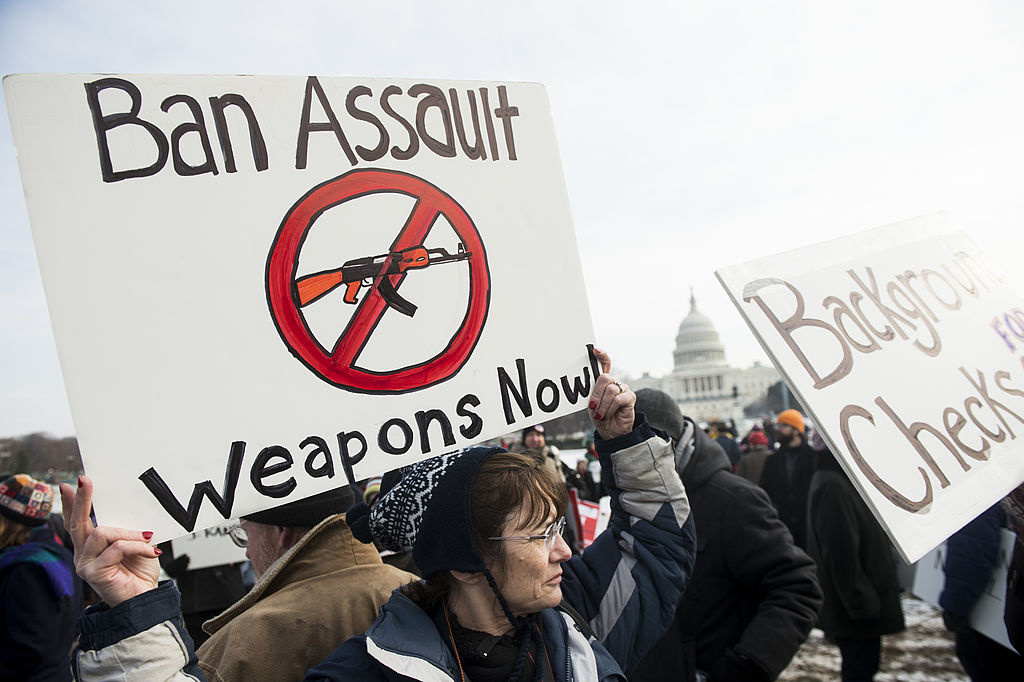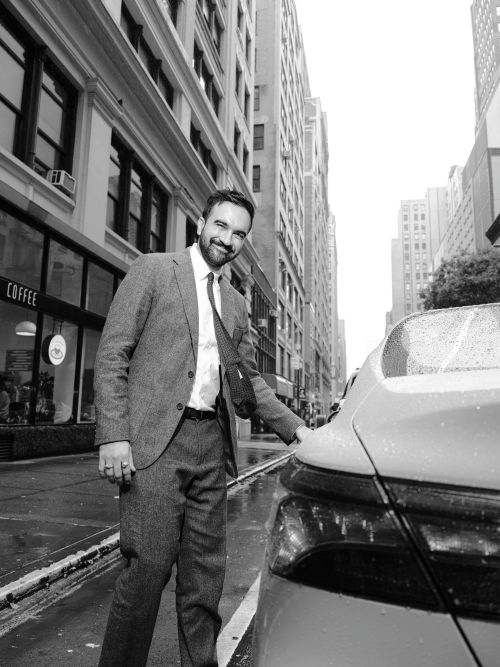Days after a gunman murdered 50 people worshiping within a New Zealand mosque, Prime Minister Jacinda Ardern announced the need for immediate gun reform. Almost as quickly as the massacre struck the country, so did reform laws.
New federal law in New Zealand will now prohibit the sale and possession of military-style semi-automatic weapons. Exceptions will be made strictly for those in law enforcement or a select few within the farming industry.
Prior to the mosque shooting on March 15, the country of New Zealand had not faced an act of gun violence in nearly three decades. Ardern made the following statement to the press following this push for reform:
In short, every semi-automatic weapon used in the terror attack will be banned from this country.
It was confirmed by the New Zealand government that the white supremacist gunman had purchased two assault rifles legally with a standard firearms license, but modified the weapons illegally to enhance their capacity. This, Ardern clarified during another press conference, gave the attacker the ability shoot continuously.
Gun owners in New Zealand will be given a “reasonable amount of time” to give up their weapons to the country’s buyback program, where the government will reimburse owners for their gun purchases. The buyback program proves to be costly, estimated to cost the country 200 million New Zealand dollars, or 140 million US dollars. All of this was organized within a matter of days following the Christchurch mosque shooting.
New Zealanders stood strongly with their government, with over 70,000 signing a petition for stricter gun laws and delivering it personally to Parliament in Wellington. CNN reported that the New Zealand Police Association welcomed the new law changes, praising the government for “demonstrating the courage to take decisive action and ban the firearms that have inflicted so much harm in New Zealand.”
This posed a major question to the American population: would this kind of ban be possible, or even legal, in the United States?
The Second Amendment protects private citizens’ individual right to possess a firearm in “common use” for “traditionally lawful” purposes. The ruling over semi-automatic weapons is where the lines get blurry, making it tricky to gauge what truly is considered constitutional. Many argue that the kinds of rifles being banned in New Zealand are owned by millions of law-abiding citizens within the US who don’t seek to use them in an act of violence but for leisure sports and protection. Due to the fact they are so widely possessed, experts believe that these kind of radical reforms wouldn’t fly within the US. Many question that rather than diminishing the Second Amendment, does it simply just need expanded?
According to the Gun Violence Archive, there has already been a total of 67 mass shootings in the US at this point in the year. 2018 was a record year for school gun violence, with a total of nearly 94 incidents across the country. As the numbers continue to grow, it leaves one to question what route the United States should take in order to address these issues in our own country.





